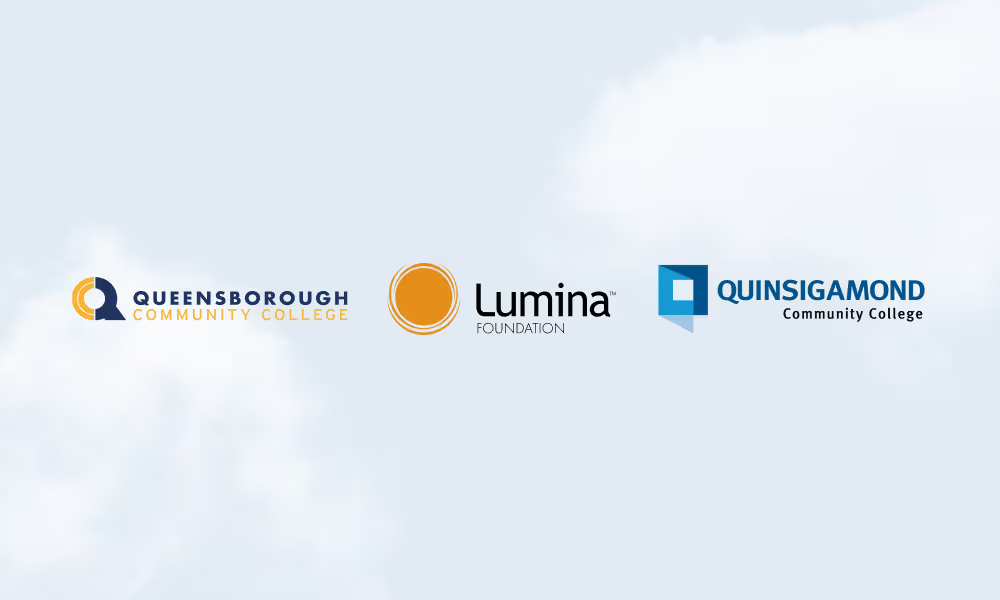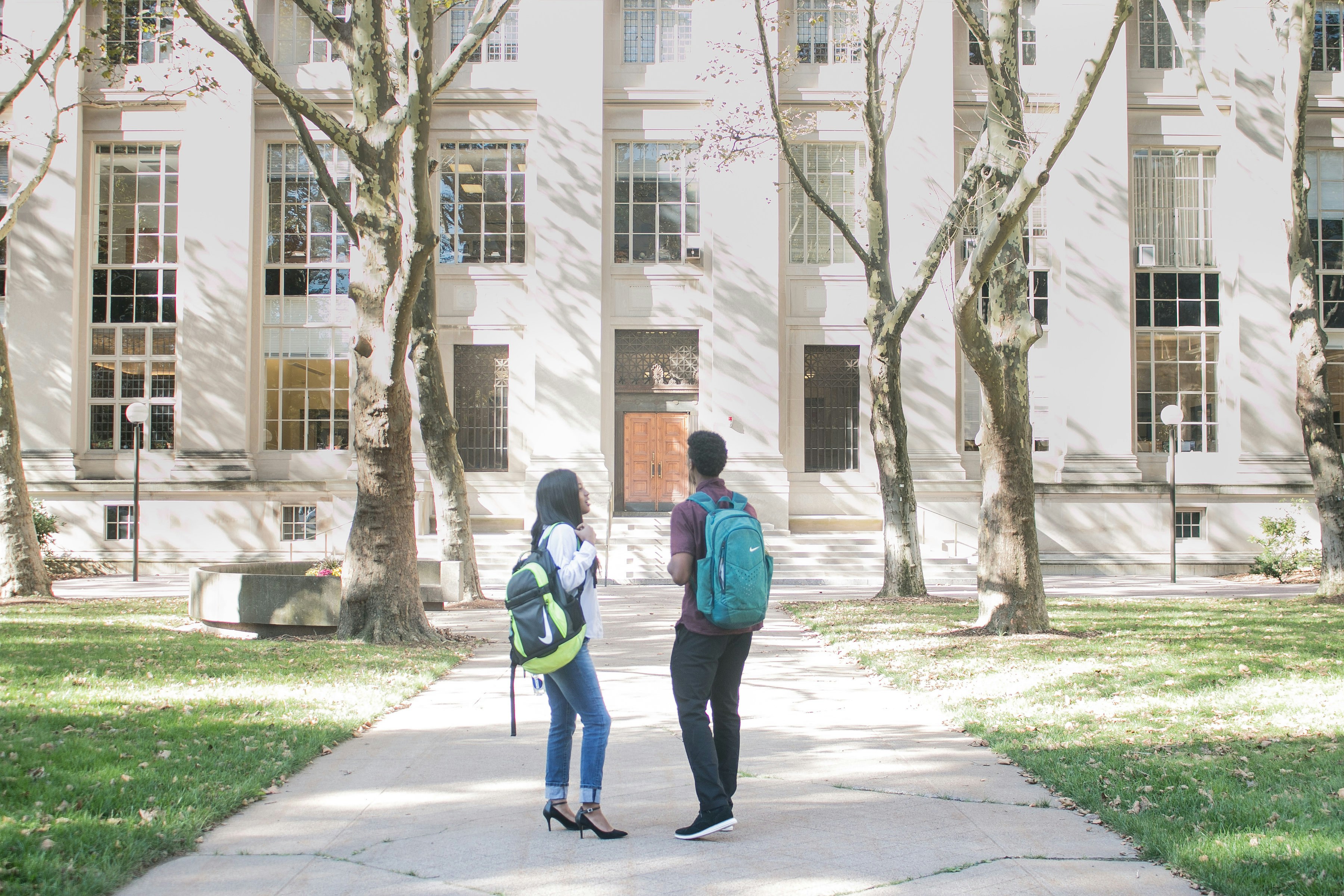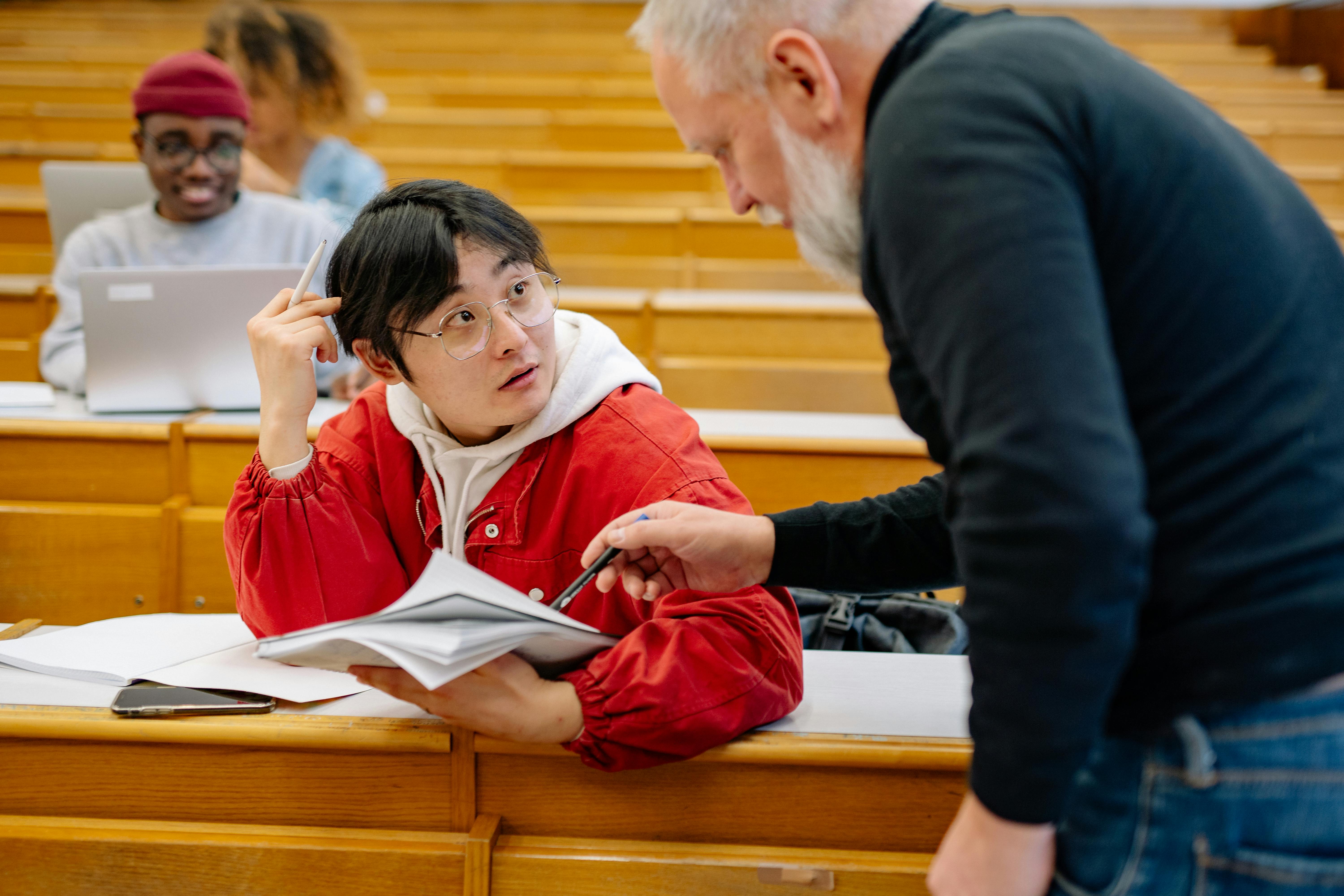December 6, 2013
Mobility, Connection, Support: Nudging Learners to Better Results
Persistence Plus and UW-Tacoma partnered to help students in online math courses.

Jill Frankfort
About

This case study expands on early work that outlines how one college is nudging students to greater performance, engagement, and retention
Students received daily nudges that relied on a variety of behavioral levers, such as social norming and goal commitment, to support them on the path to success and graduation
Looking more closely at the stresses, organizational skills, and study habits of the post-traditional learner creates new opportunities for developing nudges that matter
As learners enter and return to school in greater numbers, higher education struggles with defining and providing support and services that fit the "new traditional" and often-struggling digital age learner. Evidence from new work in cognitive and neuroscience suggests that the brain is still forming well into our 20s and has called for a recognition that adult expectations of learner self-motivation and focus may not align with reality. Add to this a changing social culture of delayed adulthood and responsibility, which is shaping new understandings and needs for fostering persistence in traditional-age, delayed adulthood college students. At the same time, insert a changing population of time-stressed adult students, first-generation students, part-time students, and a growing population of underprepared students. All this together produces a perfect storm of unrecognized support and service needs to ensure that struggling students reach graduation.
With only 55 percent of the students who start at a 4-year institution graduating in six years and only 31 percent of those who start two-year degrees finishing them within three years, questions abound on the nature of self-motivation, resilience, persistence and why one student "stays the course" to graduation while another falls away. This case study expands on early work that outlines how one college is nudging students to greater performance, engagement, and retention by focusing on the very behaviors and mindsets necessary for success.
Read on to learn how Persistence Plus boosted performance among online math students at UWT.
Subscribe to our newsletter
Stay updated on our latest posts and research-backed insights.
Thank you! Your submission has been received!
Oops! Something went wrong while submitting the form.

Jill Frankfort
CEO and Co-Founder
Ms. Frankfort is the Co-founder and CEO of Persistence Plus, a mission-driven company that works with colleges, non-profits, and employers to propel more students to credentials. The Persistence Plus model leverages behavioral science and an intelligent software system to uniquely engage and support students. Since introducing “nudging” to higher education, Ms. Frankfort and her team at Persistence Plus have helped students across the globe toward their goal of earning a college degree. More than ten gold-standard RCTs show that Persistence Plus students persist at greater rates than students without the service. Her work has been recognized by the Online Learning Consortium, Kauffman Foundation, Milken Family Foundation, and Blue Ridge Foundation, among others, for its innovation and impact. Ms. Frankfort is a graduate of Brown University and received her master’s in education from Wake Forest University.
%201.svg)






























